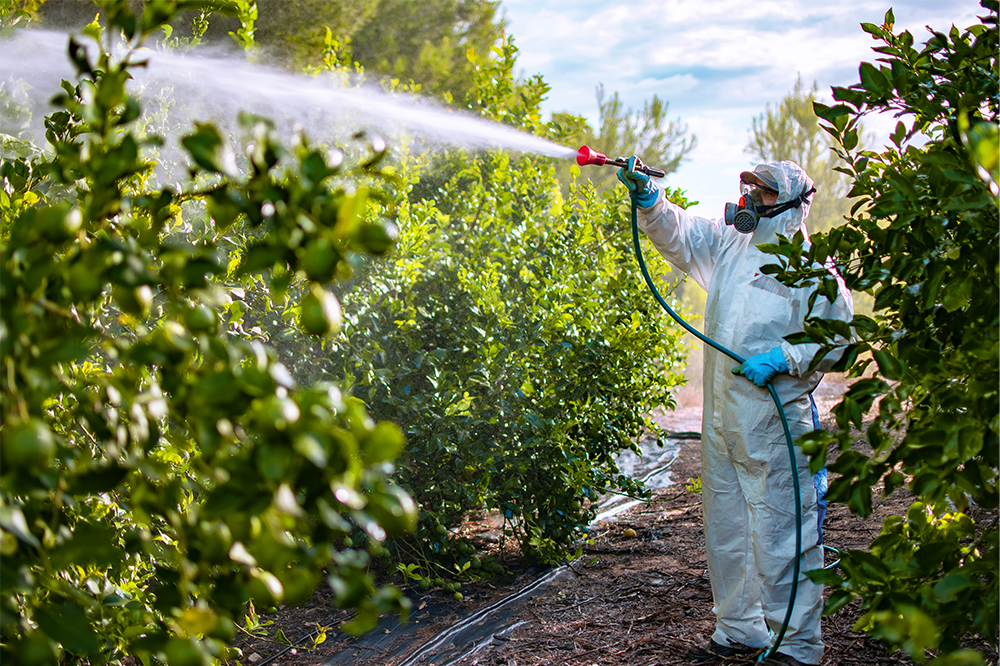Scientists have discovered the first case on a UK farm of weeds being resistant to the controversial herbicide glyphosate.
Researchers from ADAS concluded that a single population of Italian ryegrass in Kent has successfully evolved resistance to glyphosate, which is often applied to arable fields to clear vegetation ahead of new crops being planted.
Scientists said the discovered case was in a high-risk scenario where large weeds were surviving high rates of glyphosate applications in the run-up to drilling a relatively late spring crop.
A mainstay of modern agriculture, campaigners have consistently called for the use of glyphosate to be reduced or even banned due to evidence of the risk to human, plant and soil health, including studies suggesting a link to cancer.
Part of the growing shift towards regenerative and agrocecological farming is aimed at reducing farmers’ reliance on artificial herbicides like glyphosate and encouraging them to work with nature to manage pests, preserve biodiversity and build soil health.
Globally, glyphosate resistance has been found in 60 plant species in 30 countries, mostly in North and South America.
Scientists said signs that glyphosate resistance is developing in common UK arable weeds have been present for a number of years having carried out hundreds of tests.
“We have come across several high-risk cases before where we could rule out resistance following resampling and retesting. However, this is the first time we can confirm, after vigorous testing and multiple samples taken, that glyphosate resistance is present in a UK Italian ryegrass population,” said ADAS principal consultant and weed specialist John Cussans.
Katy Hebditch, ADAS weed science consultant, added that the discovery of glyphosate resistance was a concern but not a surprise. “We have known for a long time glyphosate resistance was a matter of when, not if. The main message we want people to take away from this is pro-actively assess risks and manage them to delay the development of resistance on your fields or farm. We must remain careful of how and when we use glyphosate, stay vigilant, and follow best practice recommendations.”











